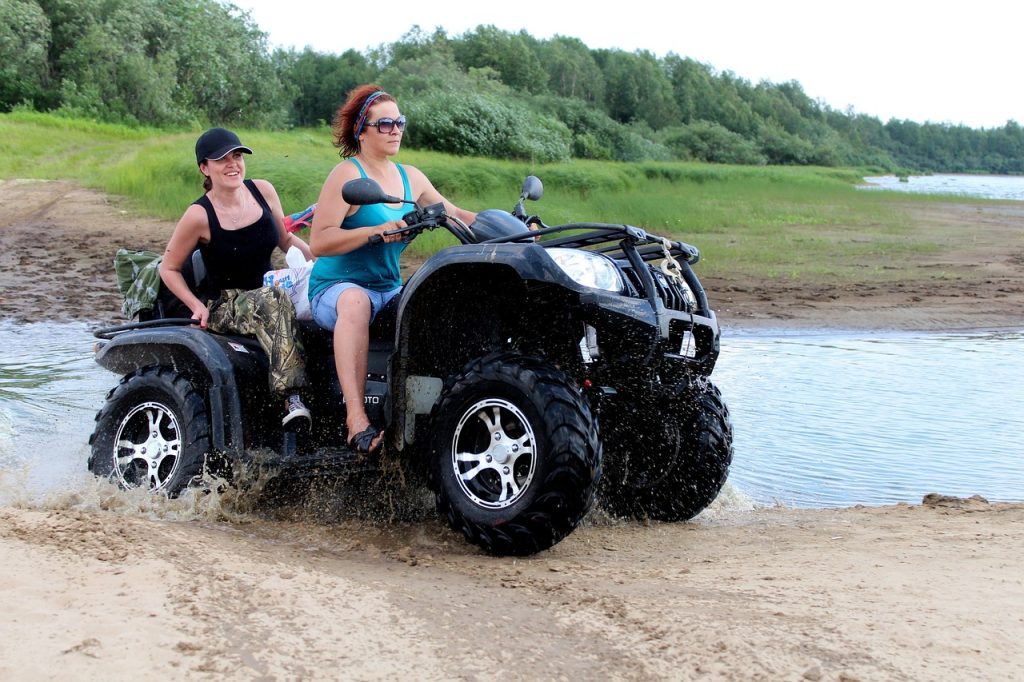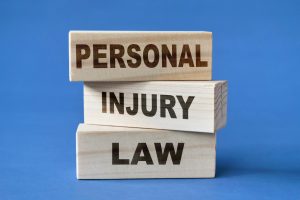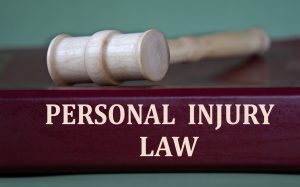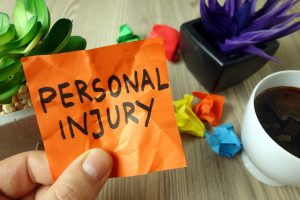Like other vehicles, ATVs are prone to accidents. According to data from the CPSC, ATVs were responsible for approximately 2,591 deaths between 2016 and 2018.
Besides the deaths, thousands visit the ER for ATV-related injuries every year. If you have been injured in ATV accidents and are unsure where the fault lies, this guide can help you figure that out.
The Driver
If an ATV has hit you, there is a chance that the other driver is at fault. Typical situations where an ATV driver may be at fault for an accident include a case of distracted driving, operating the vehicle under the influence of alcohol, or improper use.
Most states do not have insurance requirements for off-road vehicles. So after an accident, the driver may have to compensate the victim with out-of-pocket cash.
Unfortunately, not all drivers involved in an ATV accident can pay damages, meaning you may have to foot the bill for your injuries even when another person was to blame for your accident.
ATV Manufacturer or Faulty Part Manufacturer
Not all ATV accidents result from driver error. There are situations where faulty design can cause an accident. Under such circumstances, fault in the accident lies with the ATV manufacturer.
To recover compensation for faulty design as the cause of the accident, you have to file a defective product lawsuit against the ATV manufacturer. When the accident-causing fault is in a specific vehicle part, the fault may lie with the faulty part manufacturer.
Vehicle Owner
There are situations where an ATV owner may be at fault for an accident, even when they may not be the driver at the time of an accident. For example, if a child causes an accident while driving their parent's ATV, their parents will be at fault for the accident.
Another situation where an ATV owner would be at fault for an accident is when they allow a child to ride an ATV meant for adults resulting in an accident where the child suffers injuries. Under such circumstances, the child or their family can sue the vehicle owner for negligence and recover damages.
Property Owner
Some hotels and resorts have ATV driving as a way of attracting customers. If a visitor suffers injuries while driving an ATV, there are situations where the establishment can be at fault.
These situations include when the establishment fails to put safeguards to ensure the safety of the visitors riding ATVs on their property. Also, an establishment may be at fault if failure to maintain their ATV is the cause of the accident.
In many cases, establishments will require visitors to sign a release of liability that absolves the establishment of any responsibility in the event of an accident. However, signing a release of liability form doesn't mean that you cannot file a lawsuit against them.
Getting Help From a Reliable Lawyer
The first thing you want to do after an accident is gather as much evidence as possible by documenting the scene. Also, ensure that you get medical help for injuries suffered.
With the evidence obtained from the documentation and medical records, the next step would be filing an ATV accident claim with the help of an experienced ATV accident lawyer.
Involving a lawyer in an accident claim has several benefits. Besides helping you improve your chances of fair compensation by a huge margin, a lawyer helps you avoid mistakes that can cost you your deserved compensation.
Recoverable Damages
Recoverable damages in an ATV-related accident are similar to recoverable damages in other accidents. The damages include economic, non-economic, and punitive damages.
Economic damages are straightforward and quantifiable in monetary terms, for example, medical bills, the cost of prescription medication, lost wages, etc. On the other hand, non-economic damages include pain and suffering, psychological pain, disfigurement, and disability, among others.
However, unlike the above two, punitive damages are rare. They are often awarded where gross negligence was a factor in an accident.





















